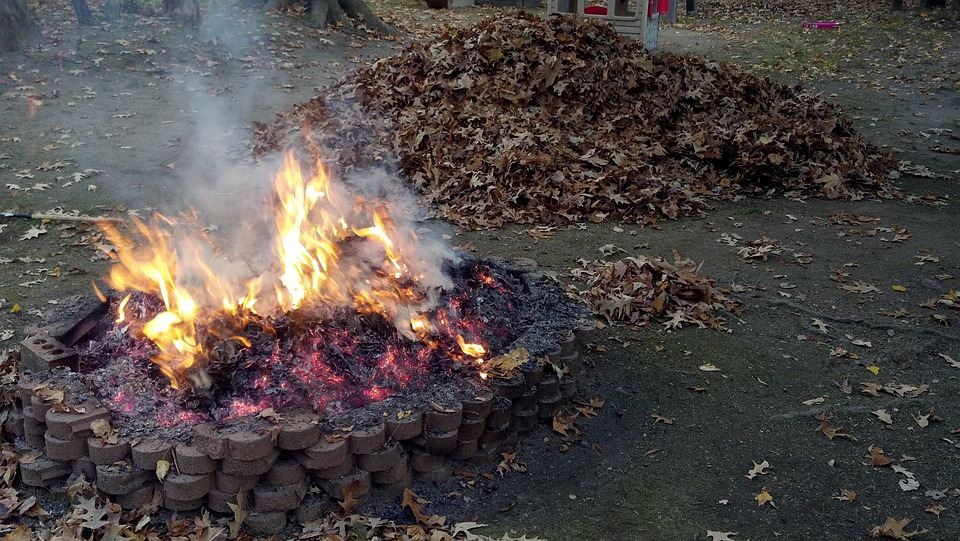Table of Contents
From Starry Nights to Breathtaking Views: Reasons to Try Wild Camping
Introduction
Are you tired of the city’s chaos and looking for an adventurous escape? Look no further than wild camping. Unlike traditional camping in designated campgrounds, wild camping allows you to immerse yourself in nature and connect with your surroundings like never before. From starry nights to breathtaking views, here are some compelling reasons to give wild camping a try.
Unparalleled Freedom
One of the most enticing aspects of wild camping is the freedom it offers. You have the autonomy to choose where you want to set up camp, without the constraints of designated pitches or crowded sites. This freedom allows you to explore remote, undiscovered locations, which often offer greater solitude and a deeper connection with nature.
Starry Nights
Imagine lying under a canopy of stars, far away from the glaring city lights. Wild camping allows you to experience the beauty of the night sky like never before. With minimal light pollution, you’ll be able to witness countless stars, constellations, and even celestial events such as meteor showers. Spending a night sleeping under the stars is an awe-inspiring and unforgettable experience.
Immersive Nature
Wild camping takes you beyond the well-trodden paths of traditional campgrounds and deep into the heart of nature. Wake up to the sound of birds chirping, the rustling of leaves, and the scent of fresh pine. Encounter wildlife in their natural habitat, observe the vibrant flora and fauna, and truly reconnect with the Earth. This immersive experience allows you to appreciate the beauty and serenity of the natural world.
Peace and Solitude
Seeking solitude from the hustle and bustle of everyday life? Wild camping offers the perfect escape. Far away from the noise of traffic and city chaos, you can find peace in the tranquility of nature. Surrounded only by the sounds of nature itself, you’ll discover a sense of inner peace and rejuvenation. Unplug from technology, leave your worries behind, and immerse yourself in the serenity of the wilderness.
Breathtaking Views
Unlike traditional campgrounds, wild camping often provides breathtaking views and unique landscapes. Whether it’s camping near a pristine lake, atop a secluded mountain, or by the edge of a roaring waterfall, the natural beauty that surrounds you during a wild camping adventure is unparalleled. It’s a feast for the eyes that will leave lasting memories and a desire to explore and experience more of the world’s natural wonders.
Challenges and Resilience
Wild camping isn’t without its challenges, but that’s part of the allure. Setting up camp, finding fresh water sources, and fending for yourself in the wilderness can be an empowering experience. It teaches you resilience, self-sufficiency, and adaptability as you overcome obstacles and navigate unfamiliar territories. These skills extend beyond the camping trip and can be applied to various aspects of life.
FAQs
Is wild camping legal?
Wild camping regulations vary from country to country, and even within different regions. Research local laws and seek permission if necessary. Leave no trace of your presence and respect the environment to ensure the preservation of these wild spaces.
What essentials should I bring for wild camping?
Essential items for wild camping include a sturdy tent, sleeping bag, cooking equipment, navigation tools, first aid kit, and sufficient food and water supplies. It’s crucial to pack lightweight, compact gear to minimize your environmental impact and make your adventure more comfortable.
How do I find suitable wild camping spots?
Online resources, guidebooks, and local hiking forums are excellent sources for finding suitable wild camping spots. Seek recommendations from experienced campers or outdoor enthusiasts. However, ensure you have the necessary permissions or follow any regulations in place.
What about safety concerns?
Prioritize safety during your wild camping experience. Familiarize yourself with potential hazards such as wildlife encounters, extreme weather conditions, or difficult terrain. Inform someone about your camping plans, carry sufficient supplies, and be prepared for emergencies with communication devices and knowledge of basic first aid.




